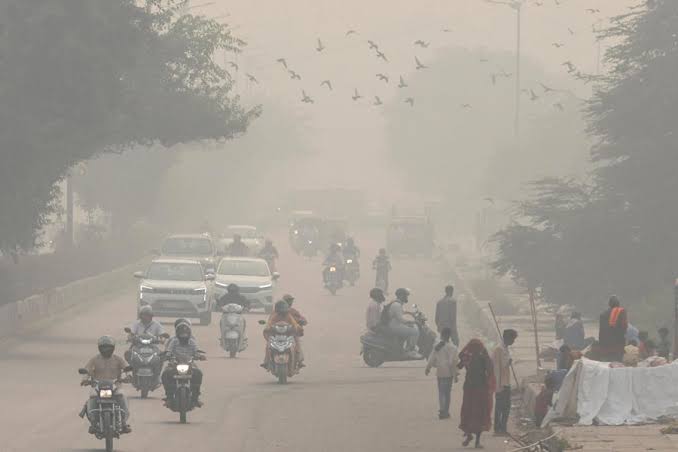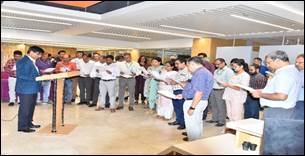During the monsoon season, children and the elderly in India’s coastal and rice belt regions are highly susceptible to viral encephalitis and other brain infections, according to Dr. Sanjay Pandey, Head of Neurology and Stroke Medicine at Amrita Hospital, Faridabad. High humidity and increased mosquito breeding contribute to the heightened risk.
Encephalitis, a severe inflammation of the brain, can cause significant tissue damage and various neurological symptoms. These infections can be viral, bacterial, tubercular, fungal, or protozoal. Common symptoms include fever, headache, vomiting, seizures, and altered consciousness. Dr. Pandey emphasized that children and senior citizens are more prone to these infections due to their weaker immune systems.

Brain infections, relatively rare in developed countries, pose a significant public health challenge in South Asia, especially during the monsoon season. Mosquitoes, which thrive in wet conditions, are vectors for several viral infections like dengue and Japanese encephalitis.
A study in The Lancet Global Health identified coastal regions like Karnataka and Odisha, along with Assam, Tripura, Bihar, and Uttar Pradesh, as hotspots for viral encephalitis in India.
Dr. Pandey advises parents to watch for symptoms such as rashes and loss of consciousness in children. Early intervention is critical, as untreated viral encephalitis can lead to complications like parkinsonism, dystonia, and tremors.
Supportive care, including anti-seizure drugs, corticosteroids to reduce inflammation, and hospitalization, is often necessary. Advanced cases might require intensive care and surgical interventions.




